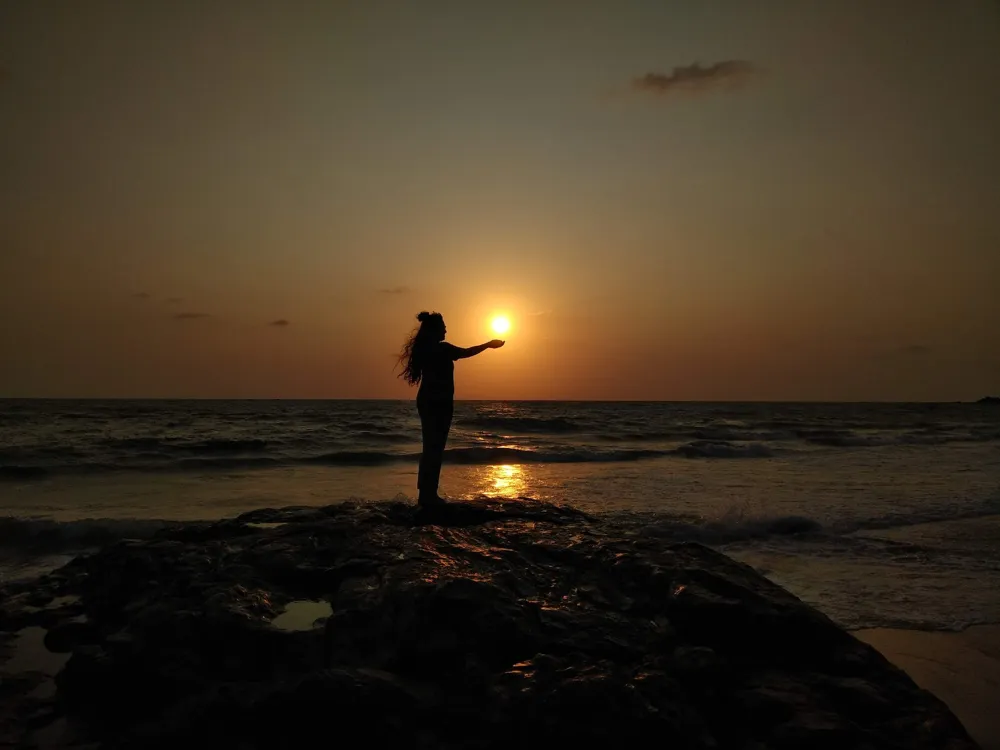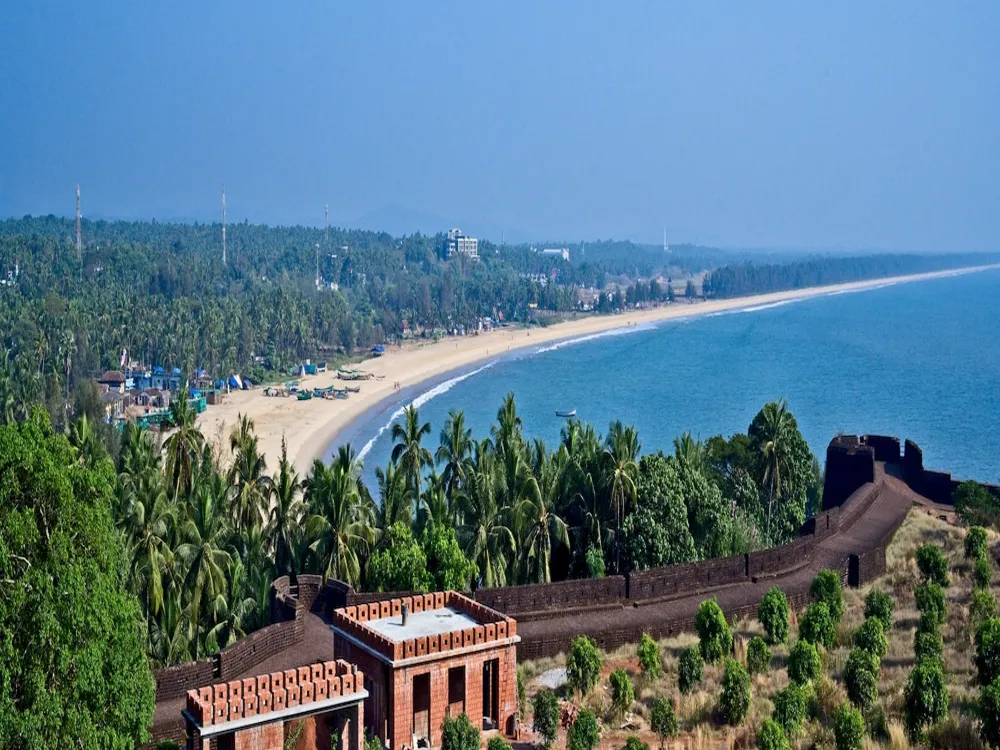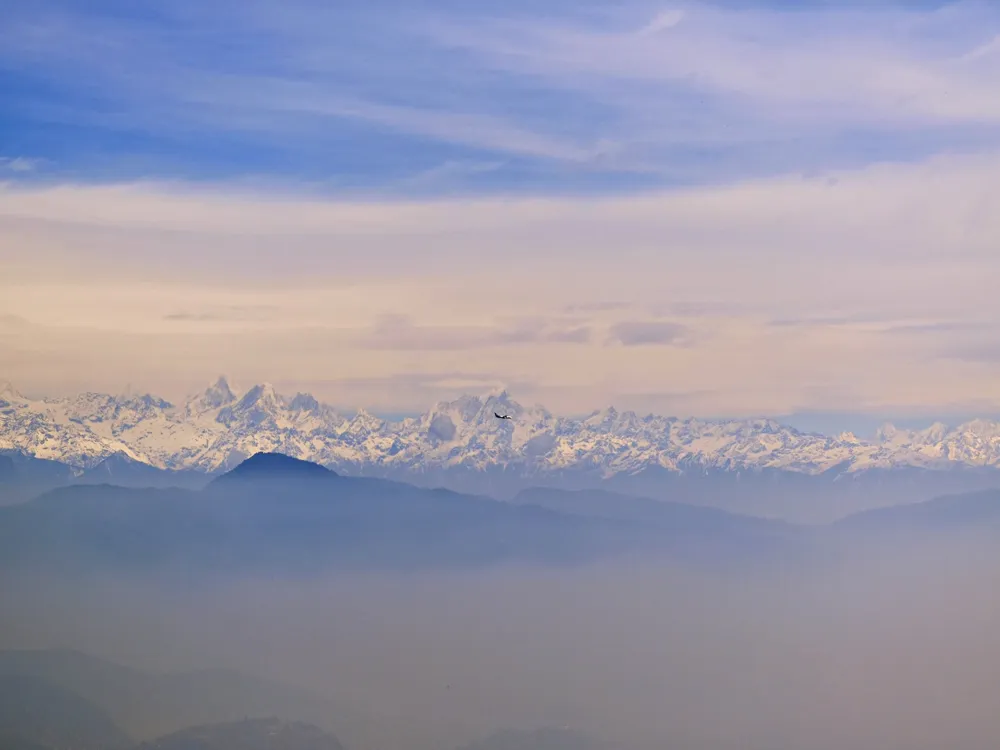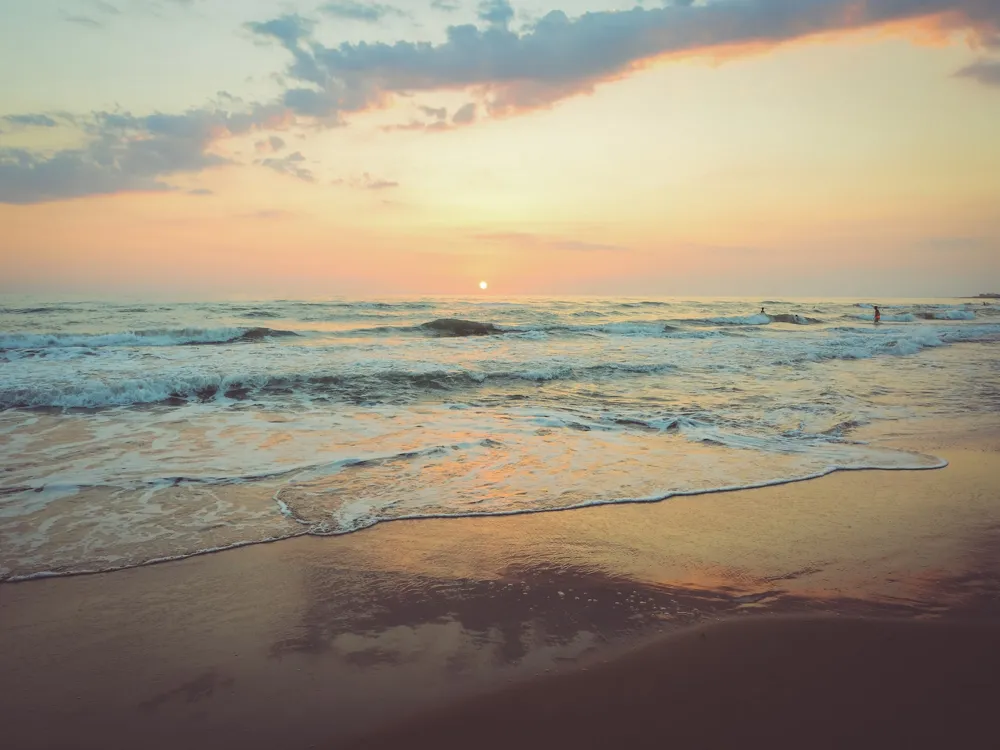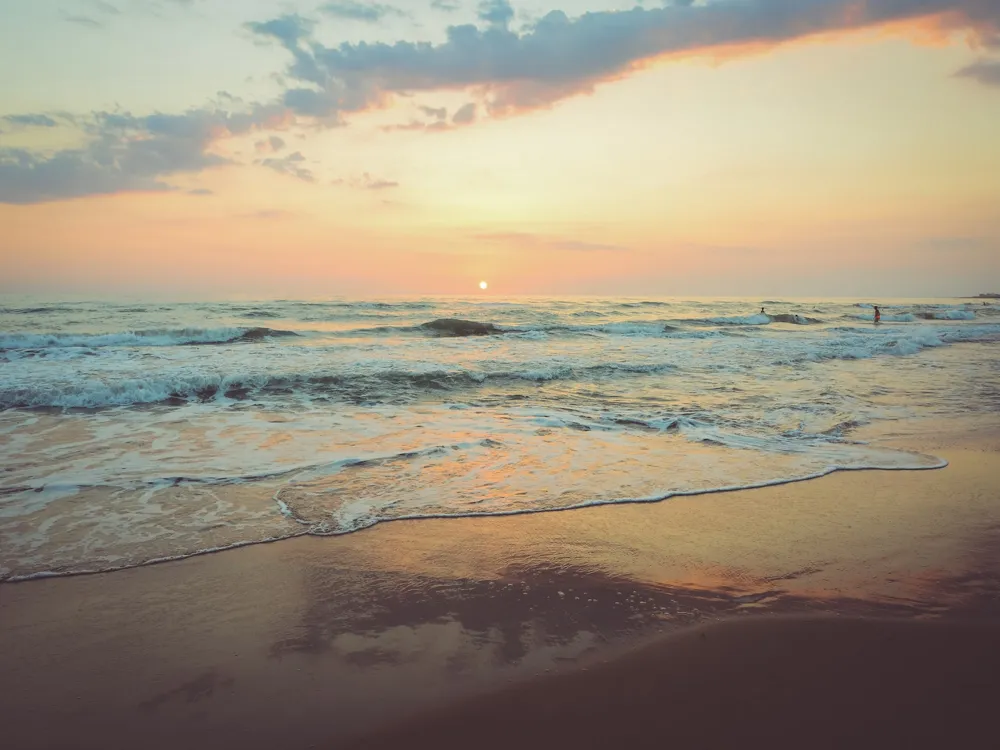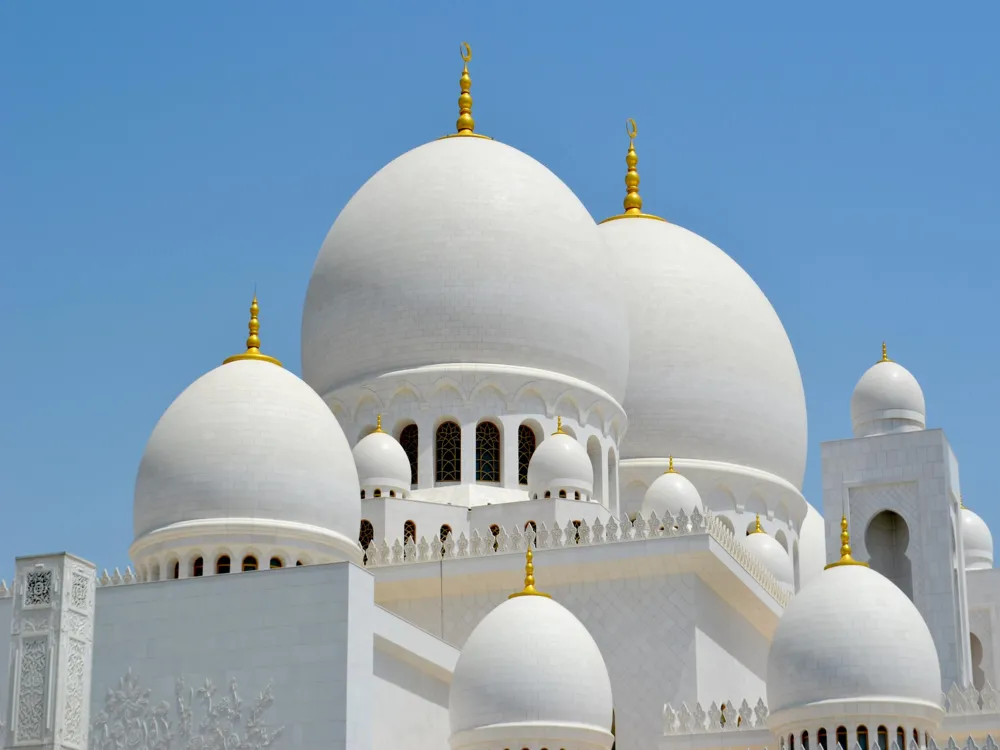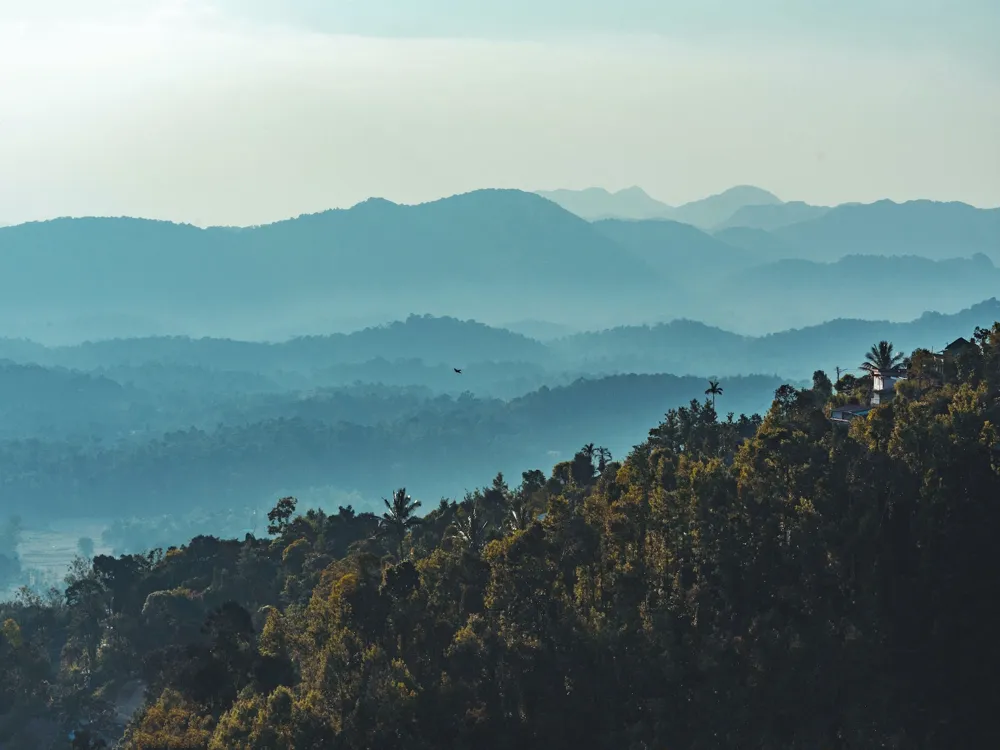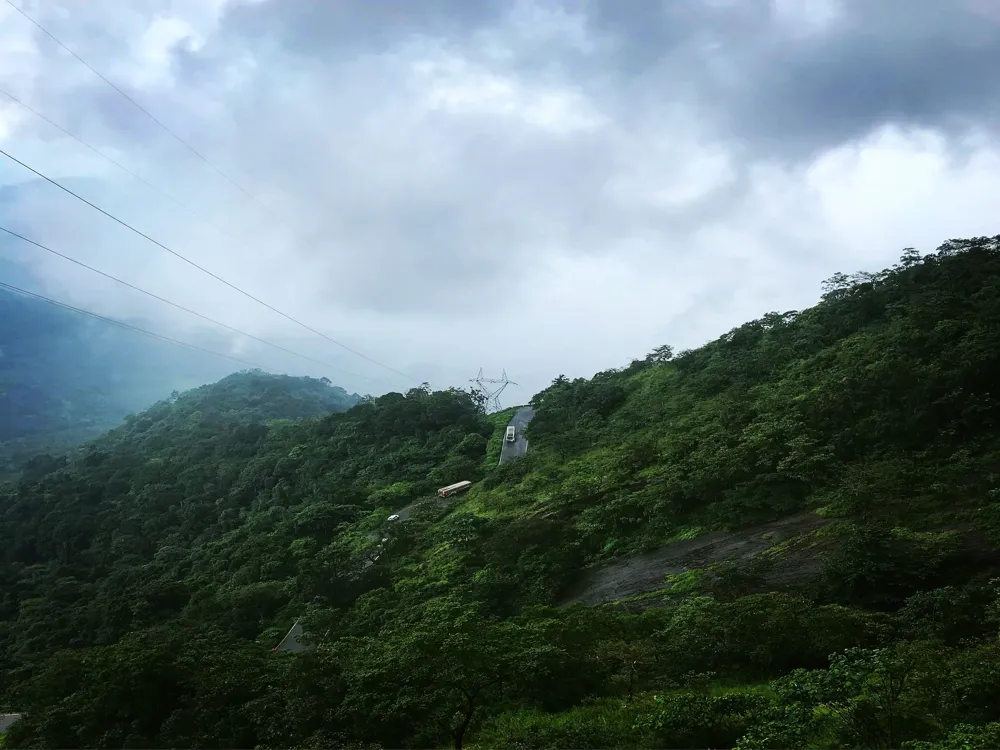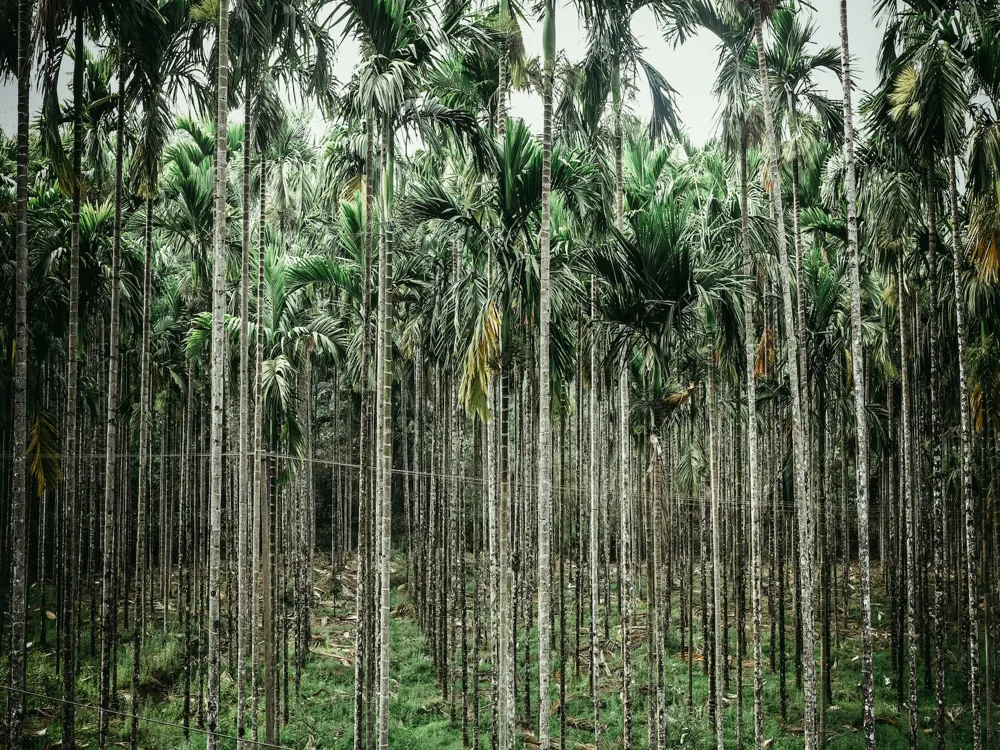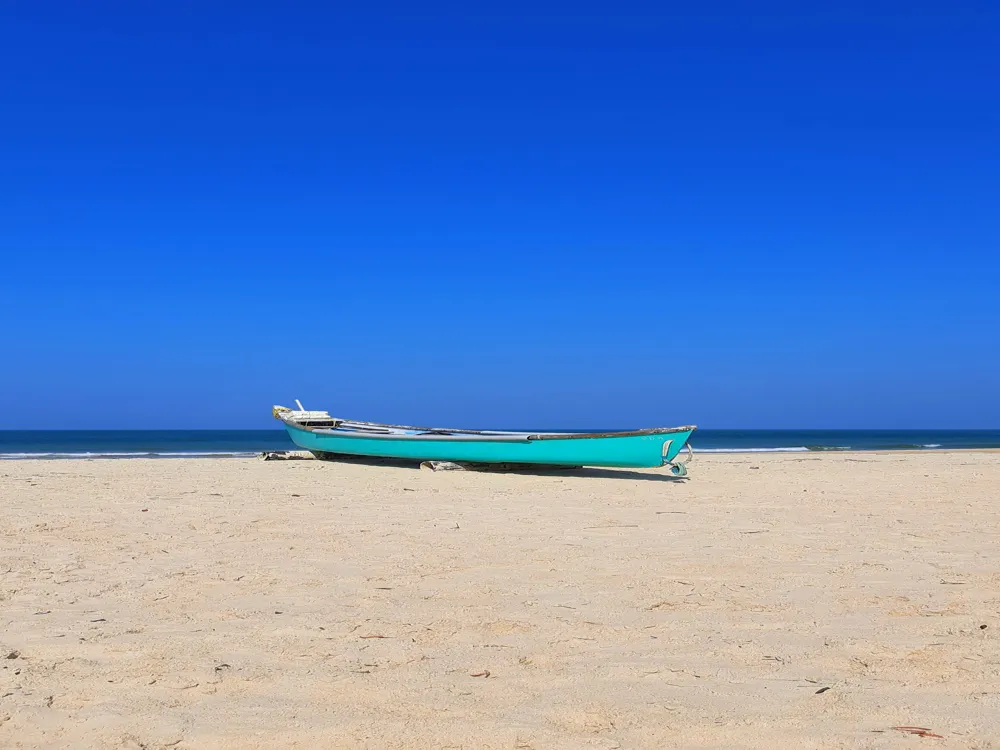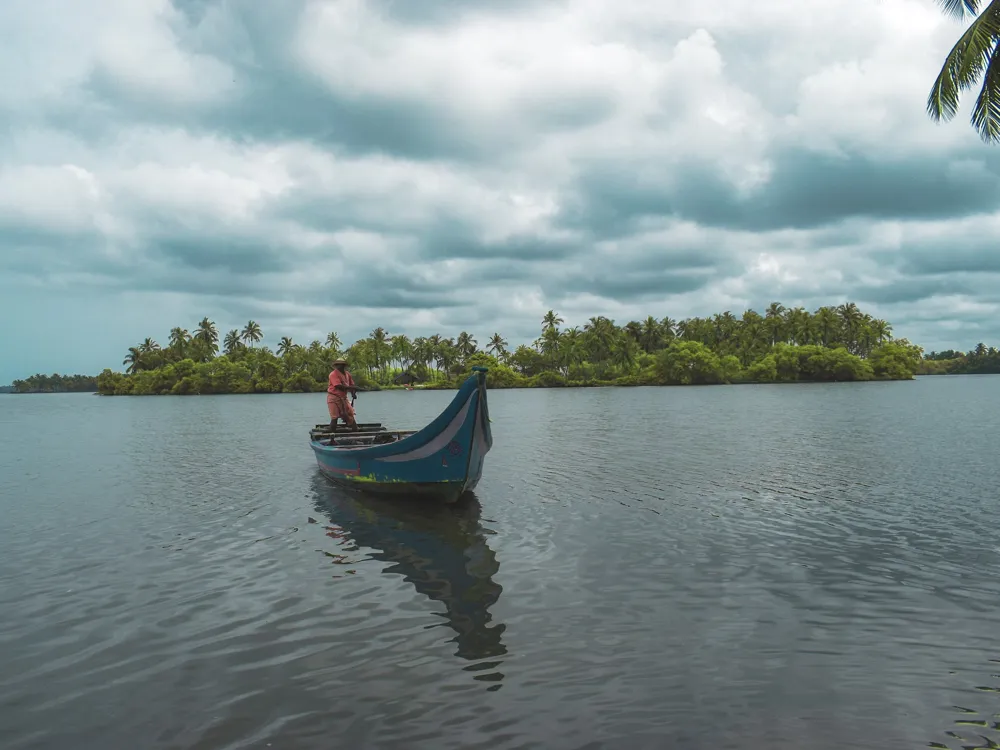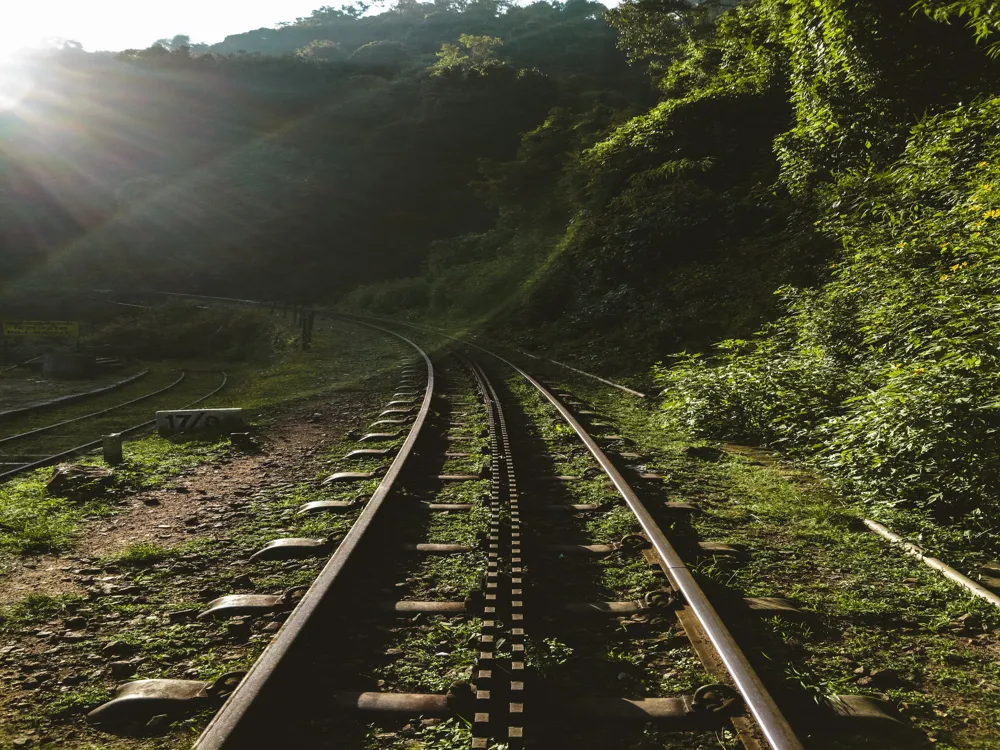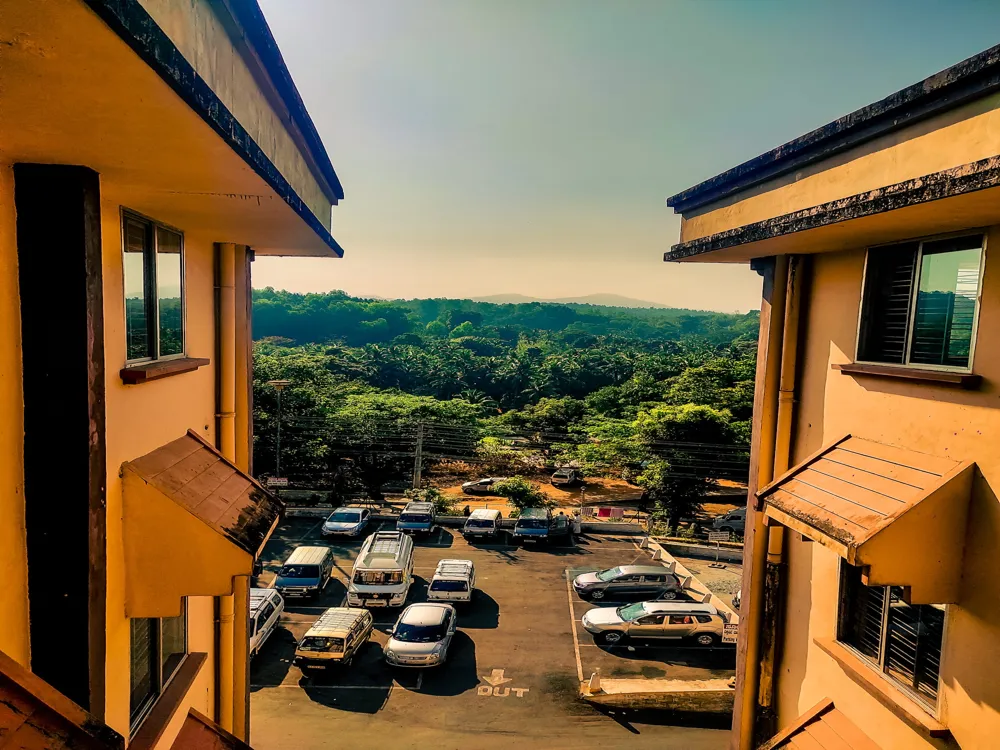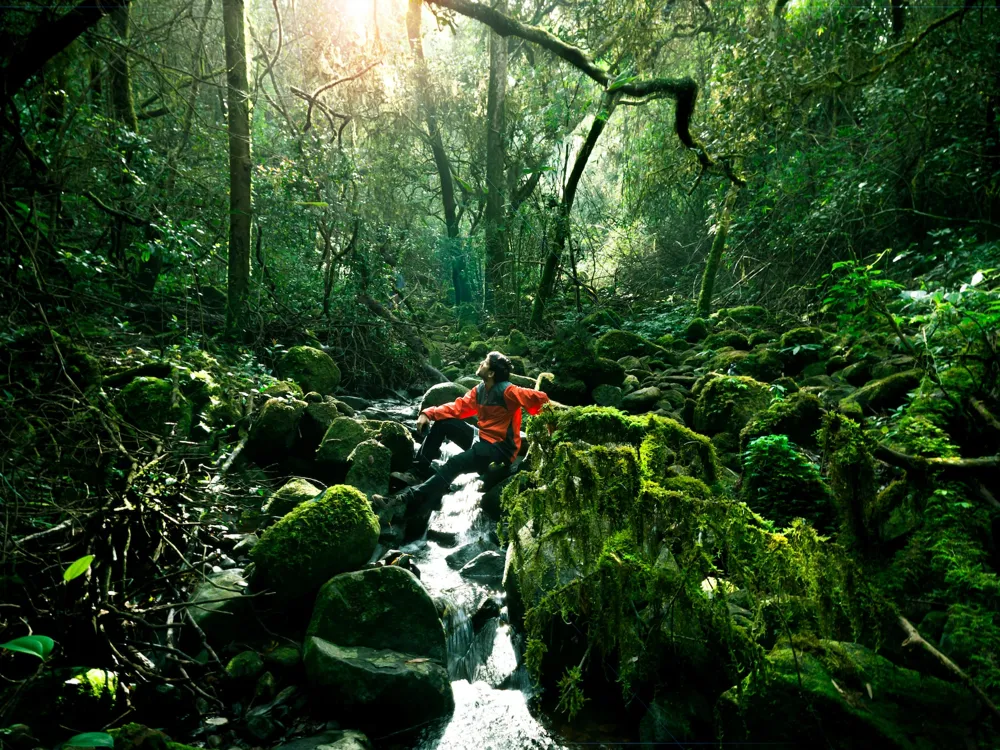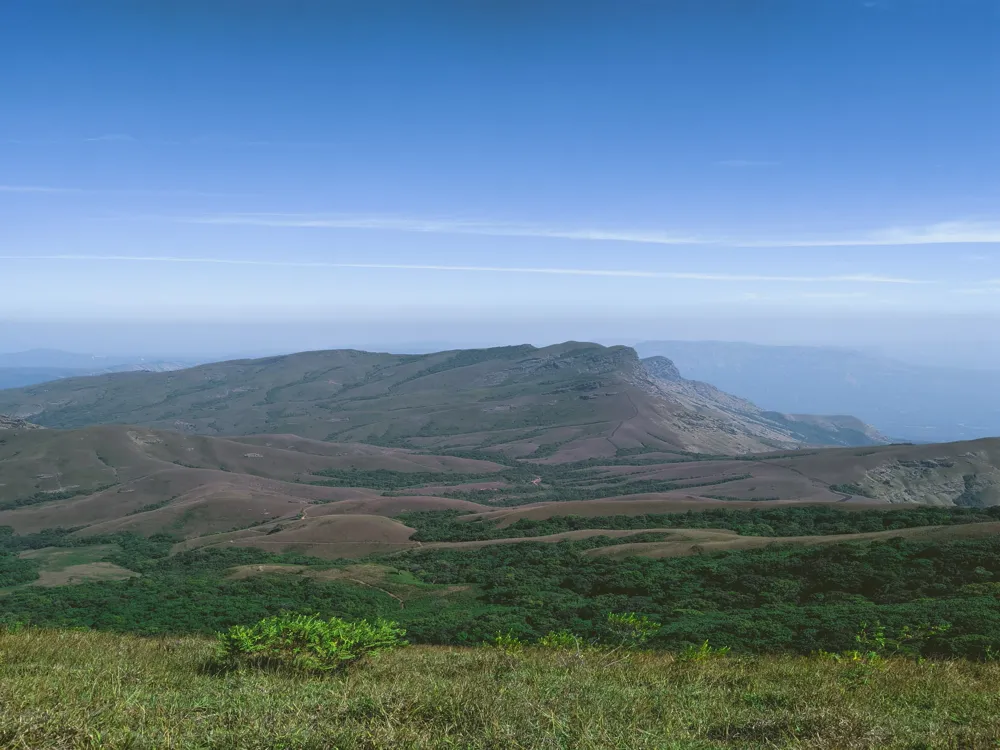The Uroos Festival, a vibrant and colorful celebration, is one of the most awaited events in Bekal, Kerala. This festival, deeply rooted in the cultural and religious traditions of the region, draws visitors from all over the world. Bekal, known for its scenic beauty and historical significance, becomes a hub of activity and excitement during the Uroos Festival. The festival is primarily celebrated by the Muslim community but has transcended religious boundaries, becoming a symbol of unity and cultural amalgamation. It is typically held in the famous Bekal mosques, with the most notable celebrations occurring at the historic Bekal Fort Mosque. The origins of the Uroos Festival date back several centuries and are steeped in local lore and religious significance. The festival is often associated with commemorating the memory of revered saints and spiritual leaders. It usually spans several days and includes a variety of activities such as religious discourses, communal prayers, and processions. The highlight of the festival is the elaborate procession, featuring beautifully decorated elephants, traditional music, and vibrant dance performances. The entire town of Bekal lights up with festive decorations, and the air is filled with the aroma of delicious local cuisines, making it a sensory feast. The architecture associated with the Uroos Festival in Bekal is as fascinating as the festival itself, reflecting the rich cultural and historical heritage of the region. The Bekal Fort Mosque, the epicenter of the festival, is an architectural marvel. Built in the traditional Kerala style, it features intricate carvings, wooden rafters, and a tiled roof that reflects the indigenous architectural styles. The mosque stands as a testament to the Islamic architectural influence in the region, blending seamlessly with the local Kerala architectural aesthetics. During the Uroos Festival, the mosque and its surroundings undergo a magnificent transformation. The entire area is adorned with elaborate decorations, lights, and floral arrangements. Temporary structures, stages for performances, and pavilions for religious discourses are set up, each reflecting the artistic and architectural elements of Kerala's design heritage. The use of natural materials like wood, bamboo, and palm leaves in these structures adds an eco-friendly aspect to the festival's architecture. Ensure to check the festival dates in advance and book accommodations early, as Bekal gets quite crowded during Uroos. Also, familiarize yourself with the local customs and traditions to fully appreciate the festival's cultural significance. While Kerala is quite liberal in terms of dress code, it’s respectful to dress modestly when attending the Uroos Festival, especially if you plan to visit the mosques. Don’t miss out on the local Kerala delicacies available during the festival. The food is an integral part of the celebration, offering a unique taste of the local culture. Bekal is well-connected by various modes of transportation, making it relatively easy to reach the Uroos Festival. The nearest airport is Mangalore International Airport, about 50 kilometers from Bekal. Visitors can hire taxis or take buses to reach Bekal from the airport. For those preferring train travel, the nearest railway station is in Kasaragod, which is well connected to major cities in India. From Kasaragod, Bekal is just a short drive away. Additionally, Kerala’s road network is quite efficient, with state and national highways connecting Bekal to major cities and towns in the region. Read More:Overview of Uroos Festival in Bekal, Kerala
Architecture of Uroos Festival
Tips When Visiting Uroos Festival
Plan Your Visit
Dress Appropriately
Local Cuisine
How To Reach Uroos Festival in Bekal, Kerala
Uroos Festival
Bekal
Kerala
₹ 69,000 onwards
View bekal Packages
Weather :
Tags : Fairs & Festivals
Time Required : February
Planning a Trip? Ask Your Question
Bekal Travel Packages
View All Packages For Bekal
Top Hotel Collections for Bekal

Private Pool

Luxury Hotels

5-Star Hotels

Pet Friendly
Top Hotels Near Bekal
Other Top Ranking Places In Bekal
View All Places To Visit In bekal
View bekal Packages
Weather :
Tags : Fairs & Festivals
Time Required : February
Planning a Trip? Ask Your Question
Bekal Travel Packages
View All Packages For Bekal
Top Hotel Collections for Bekal

Private Pool

Luxury Hotels

5-Star Hotels

Pet Friendly







